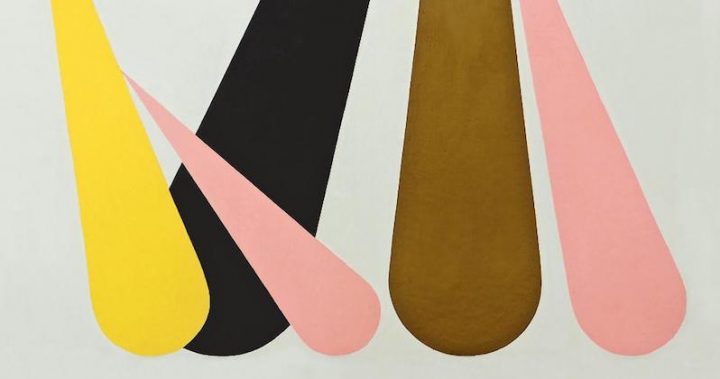
There’s the Overthrow and There’s the Rebuild
October 18, 2021
This essay is part of a series in which Seattle Arts & Lectures partners with Poetry Northwest to present reflections on visiting writers from the SAL Poetry Series. On Friday, October 15, Kaveh Akbar read and discussed his work with Lena Khalaf Tuffaha at the Hugo House. This event is still available to attend online until October 22 at 7:30 p.m. (PT)—get your tickets here!
By Troy Osaki
In an interview on the Between the Covers podcast, hosted by David Naimon, Kaveh Akbar orients listeners to the ways in which poetics can be revolutionary:
There has to be something being turned over, and then there has to be something being set up in its place. It’s very easy to inhabit the carapace of revolutionary rhetoric without advancing something new. That, in and of itself by definition, isn’t revolutionary because there’s no rebuild. There’s no gesture towards a rebuild.
I reflect on Akbar’s mindful understanding of a poem’s possibility—what it means to write in the direction of revolution. How it may not be enough to just write. How what’s needed for revolution is likely beyond the page.
Later in the same interview, Akbar goes on to explain the definition of work:
I think a lot about the physics definition of work, which is the force applied to an object in order to move it. If there’s force applied to an object and nothing moves, that’s not work. Similarly, if an object moves, but you haven’t applied force to it, then you haven’t done work.
I’m reminded of a close comrade of mine—the grassroots work he’s done, the work he’s introduced me to, the work we do collectively. How winters ago, he came back from spending a month in the countryside of the Philippines integrated among landless peasants. Unable to afford the rice they planted, they fought to create a country where land is given to those that till it. Together, they mobilized and called for an end to the exorbitant rent rates, impossible interest rates, and unlivable wages of the current feudal system. An end to big landlords owning their hands, their bent backs.
Of his memories, he shares one of his dearest when someone got a hold of tobacco. Everyone else paused what they were working on. Celebrated. Took to the field to yosi facing the sun. When the last of the rolling paper burnt away, my comrade offered pages from his journal he wrote poems on. He watched his haikus tighten into twig-sized cigarettes, listened to the sound of each one singe over a lit match.
As he shares, I imagine all of what’s around him—an open can of tuna on the ground, a sweat-drenched t-shirt drying on a branch, the poems he dedicated to those smoking them swirling in the air. I think of what’s being turned over and what’s being set up—an outdated system falling for a new one. How, in the idea of revolutionary poetics, a poem can’t be kept to the page alone. How, at some point, to be considered to be doing the work, the writer, and perhaps the poem, is in need of moving someone or something—in the fields, on the farms.
For me, what I find similarly as important is people feeling moved to work with others. This is where I’ve seen poems come to life in the most revolutionary manner. When it is no longer a single piece of paper, but suddenly, alive—bringing together a group of people struggling for the betterment of others.
Akbar seems to share this sentiment as well. He dives into historical examples of writers who’ve impacted generations of people, not just through their writing, but through their organizing as well:
If revolutionary writing is writing that does work, then it’s really interesting to me to consider the ways that people historically have done that, have attempted to do that. You mentioned June Jordan who very much wrote her poems, and then she would go organize. The poems pointed towards and supplemented and scaffolded the organization, but they didn’t replace it.
What Akbar offers here stands out as an unforgettable lesson to me: poems don’t replace the organizing—they supplement it. Meaning, in the idea of revolutionary poetics, the poem isn’t primary; the organizing is. He goes on to clarify even further…